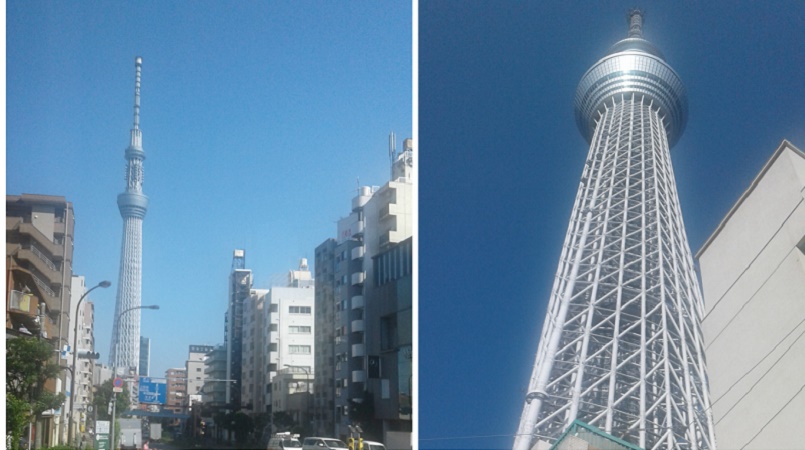
Industrial and manufacturing giant Japan has moved into environment sustainability in its efforts to address global warming and climate change.
Island and coastal countries are faced with the effects of global warming including Papua New Guinea.
Global warming leads to climate change and the impacts include rising sea level and the decline in food security.
In its efforts to reduce its carbon footprint, Japan has moved into using sustainable clean energy in a lot of its creations and innovations for a sustainable future for the next generation.
By reducing the amount of fossil fuel exposed into the environment, Japan’s third largest automaker Honda has ventured into producing clean energy by using hydrogen fuel cell technology to power vehicles.
It has created a new era of hydrogen energy with smart hydrogen station and fuel cell vehicles.
Honda’s smart community planning department manager, Naohiro Maeda said this innovation aims to achieve zero carbon dioxide emissions to keep the air clean from pollution for the next generation.
Also promoting sustainability, the famous Tokyo Sky Tree, the world's tallest free-standing broadcasting tower, incorporates traditional and modern environmentally friendly technology.
Located in Tokyo’s Sumida Taito district, the 4.7 billion yen (143.3 million Kina) facility plan is a creative effort fusing tradition and the latest technology.
The design is a duplicate of the Japanese traditional sword and it was built by the Tobu Tower Sky Tree Co. Limited with state of the art modern technology that can also withstand earthquakes.
Secretariat of Public Relations for Tobu Tower Sky Tree, Hiroyuki Ami explained that the facility uses anti vibrantion technology to reduce swaying, and secure safety of the tower during earthquakes or typhoons.
The facility also uses geothermal energy or natural heat from under the ground and uses large capacity water thermal storage tanks for the area's cooling and heating systems.
Manager of the energy centre Tomoyuki Hidaka highlighted that this system reduces energy consumption and carbon dioxide emission significantly.
Many communities in Japan also practice sustainable livelihoods in their farming and fishing activities.
The people from the wetlands of Miyagi Prefecture use sustainable ways of fishing passed down from generations.
Canadian environmental policy scholar at the Sophia University in Tokyo, Anne McDonald says by using sustainable fishing and agriculture methods, the traditional fishing communities are able to have a sustainable livelihood.
McDonald says development of policies must support small scale fishermen and farmers anywhere in the world including the Pacific Islands.
She said policies must also look at how the different knowledge of traditional agricultural or fishing methods might be used to inform policy.
